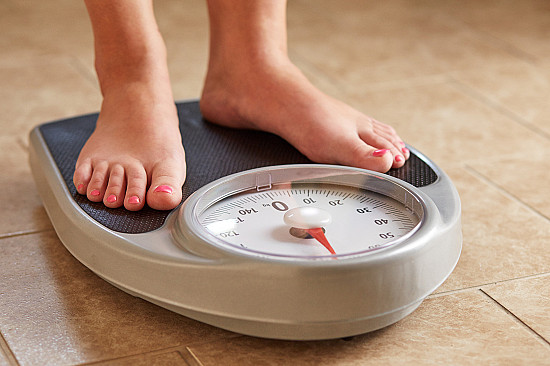What Is Weight Loss?
Weight loss occurs when your body burns more calories than it consumes. This creates a caloric deficit, prompting your body to tap into fat stores for energy.
The Science Behind Shedding Pounds
Weight loss is not just about cutting calories; it involves a delicate balance of nutrition, metabolism, and physical activity. Hormones like insulin and cortisol also play a crucial role.
Importance of Maintaining a Healthy Weight
Physical Health Benefits
Maintaining a healthy weight reduces the risk of chronic diseases like diabetes, heart disease, and high blood pressure.
Mental Health Improvements
Achieving weight loss can boost self-confidence and reduce symptoms of anxiety and depression.
Factors Affecting Weight Loss
Diet and Nutrition
Role of Calories in Weight Loss
Understanding calorie intake is key. You need to consume fewer calories than you burn for sustainable weight loss.
Choosing Nutrient-Dense Foods
Prioritize whole grains, lean proteins, and fresh produce to fuel your body effectively.
Exercise and Physical Activity
Best Workouts for Weight Loss
Cardio exercises like running and cycling burn calories, while strength training builds muscle, boosting your resting metabolism.
The Importance of Consistency
Regular exercise is more impactful than occasional intense workouts.
Psychological and Emotional Factors
Building a Positive Mindset
A positive attitude can make all the difference. Focus on small victories and stay patient.
Managing Stress and Emotional Eating
Learn to identify triggers for emotional eating and find healthier coping mechanisms like meditation or journaling.
Effective Strategies for Weight Loss
Setting Realistic Goals
Short-Term vs. Long-Term Goals
Start with manageable milestones, then work toward bigger objectives.
Measuring Progress
Track your weight, measurements, and energy levels to stay motivated.
Meal Planning and Preparation
Tips for Healthy Meal Prep
Plan your meals around lean proteins, healthy fats, and complex carbs.
Avoiding Common Pitfalls
Stay away from fad diets and ultra-processed foods.
Incorporating Supplements Safely
Understanding Peptides and Their Benefits
Peptides are short chains of amino acids that can support muscle growth and fat loss when used responsibly.
Using the “Peptide Science Promo Code” for Savings
Get the best deals on premium peptides with the Peptide Science promo code.
Common Challenges and How to Overcome Them
Breaking Through Plateaus
Identifying the Causes
Plateaus can result from metabolic adaptation or insufficient calorie deficits.
Strategies to Restart Progress
Switch up your workout routine and reassess your diet.
Overcoming Social and Environmental Barriers
Dealing with Peer Pressure
Politely decline temptations and focus on your goals.
Creating a Supportive Environment
Surround yourself with like-minded individuals who encourage your journey.
Sustaining Weight Loss
Developing Healthy Habits for Life
Building a Balanced Routine
Incorporate activities you love into your fitness plan.

Keeping Motivation Alive
Reward yourself for progress, no matter how small.
Importance of Regular Check-Ins
Monitoring Weight and Health
Schedule regular weigh-ins and health check-ups.
Adjusting Your Plan as Needed
Be flexible and make changes as your body evolves.
Conclusion and FAQs
Final Thoughts on Weight Loss
Weight loss is a journey, not a sprint. Stay consistent, embrace setbacks as learning opportunities, and celebrate every step forward.
FAQs
1. What is the best diet for weight loss?
The best diet is one that’s sustainable, nutritionally balanced, and tailored to your lifestyle.
2. How quickly can I lose weight safely?
A safe pace is 1–2 pounds per week, depending on your starting point.
3. Are weight loss supplements necessary?
Not necessarily. Supplements can complement a healthy diet but aren’t a substitute for proper nutrition.
4. What should I do if I hit a plateau?
Reassess your diet, vary your exercise routine, and ensure you’re getting enough sleep.
5. Can peptides help with weight loss?
Yes, when used responsibly, peptides can aid in fat loss and muscle retention.









